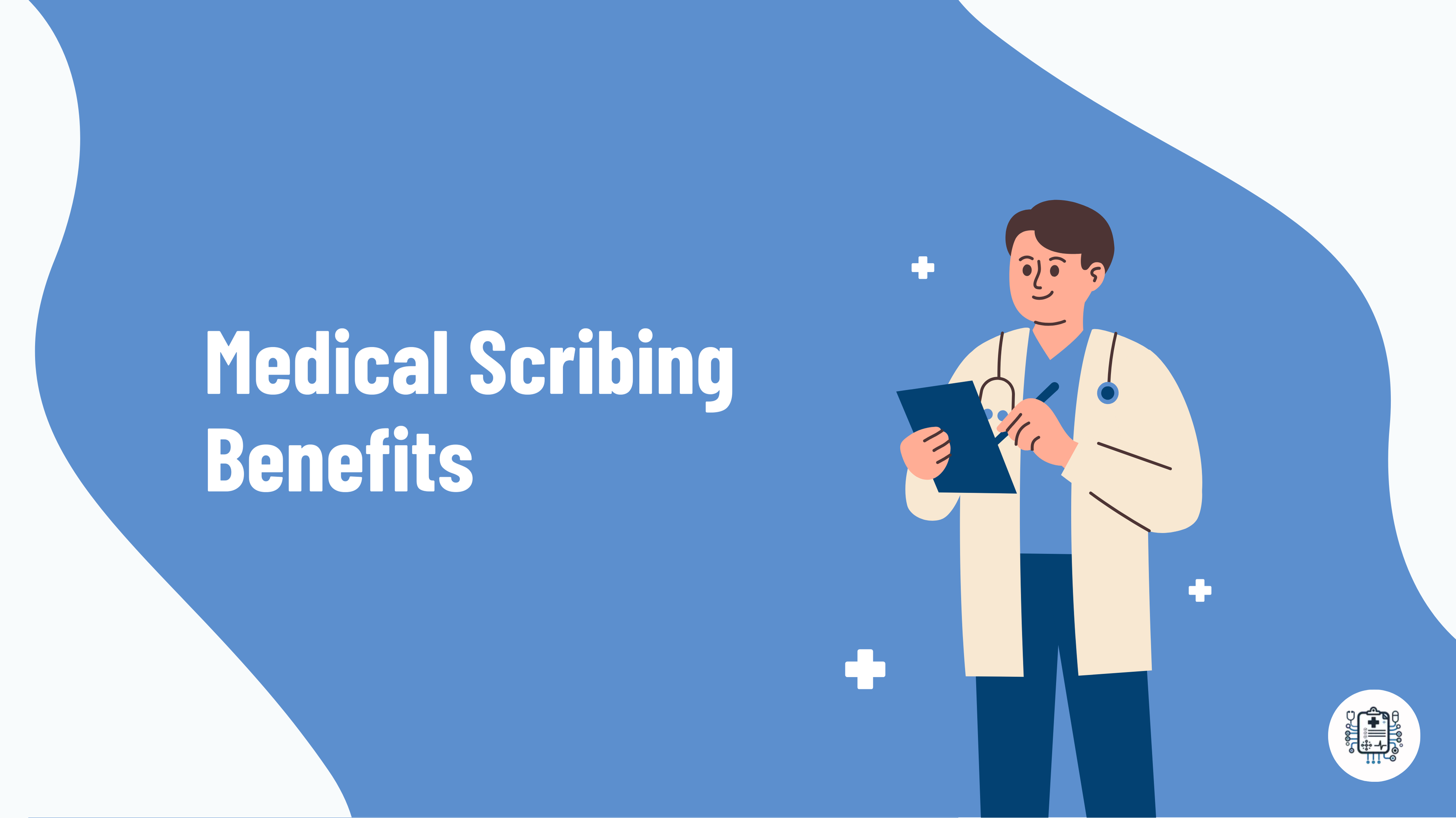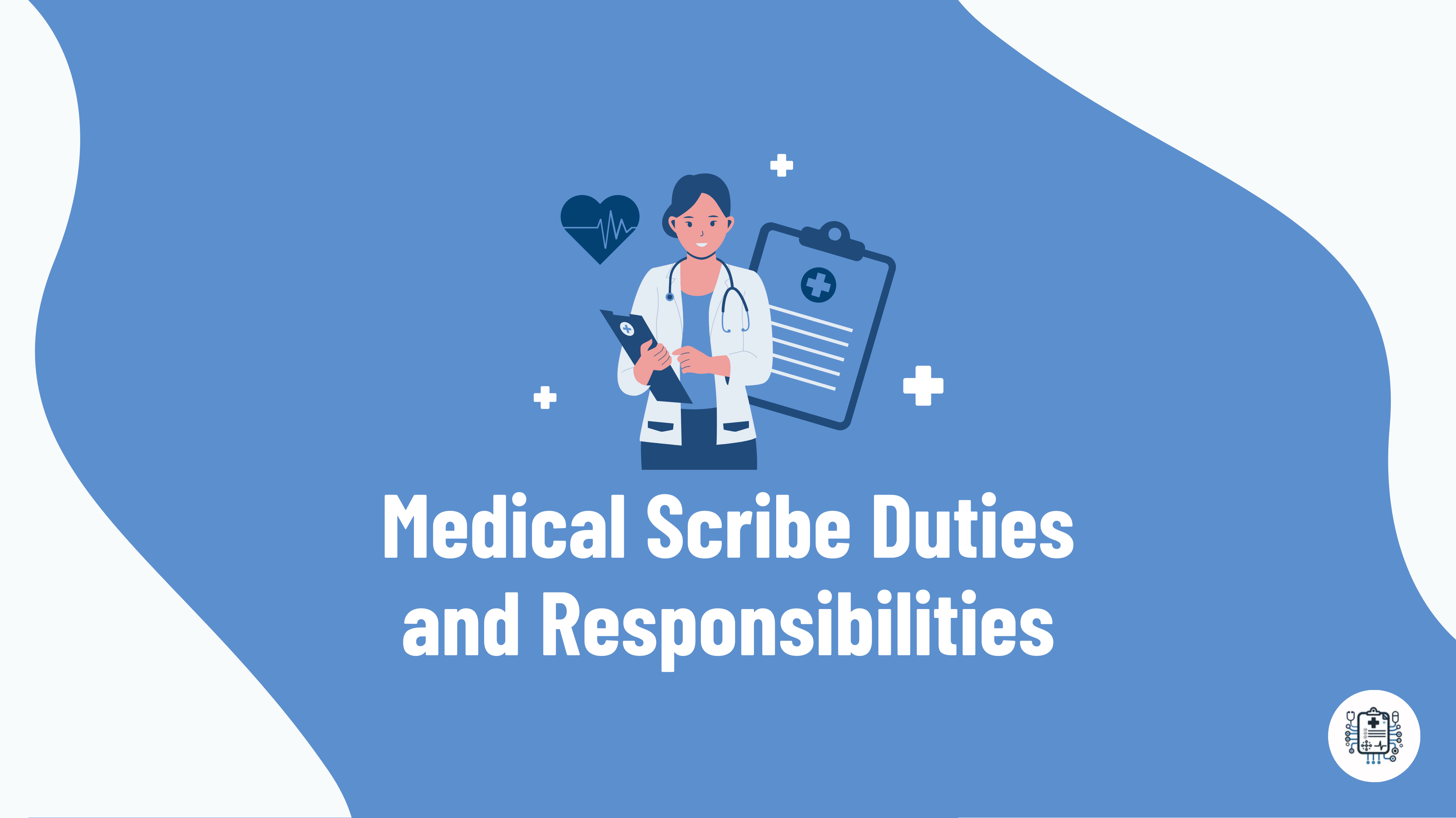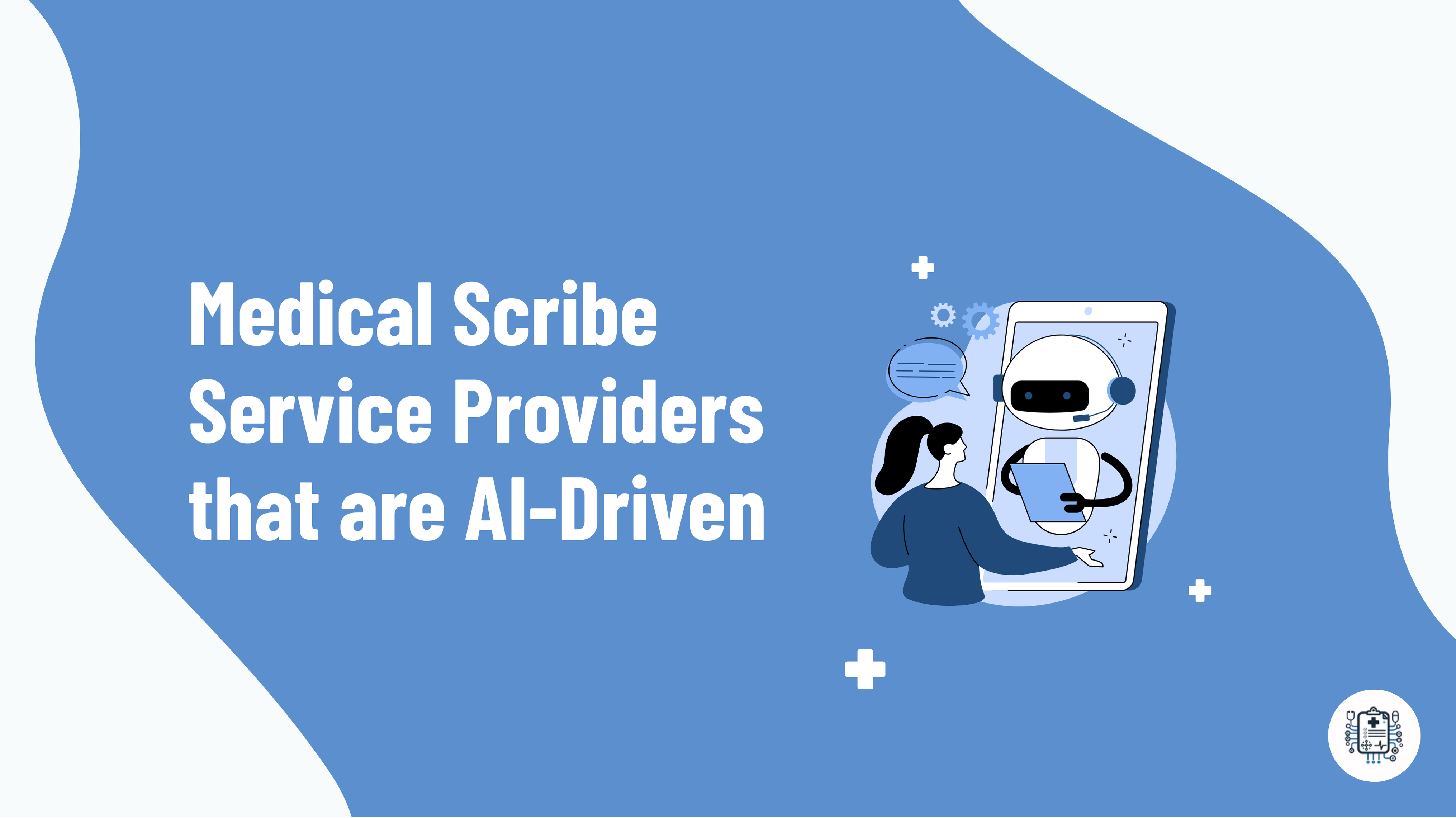
What Is a Medical Scribe? Understanding the Role and Benefits
Discover how medical scribes are revolutionizing healthcare documentation by supporting physicians and improving patient care through real-time documentation.

The Rise of Medical Scribes in Modern Healthcare
In today's healthcare sector, clinicians are under more pressure than ever. The administrative load has skyrocketed between seeing patients, updating charts, and managing compliance tasks. This shift has given rise to a crucial support role in the clinical environment: the medical scribe. By offering real-time documentation support, medical scribes are helping physicians refocus their time and energy where it truly matters: on patient care.
A medical scribe is a trained healthcare professional who supports physicians by documenting patient interactions and details in real-time. Unlike nurses or physician assistants, scribes do not deliver care. Instead, they specialize in charting interactions into the Electronic Health Record (EHR) during or immediately after a consultation.
Think of them as the physician's right hand for clinical documentation. Their presence allows the doctor to concentrate fully on the patient while ensuring that every critical detail is recorded with accuracy and speed.

Medical Scribe Duties and Responsibilities
The core medical scribe duties revolve around real-time documentation, but the job encompasses much more:
1. Documentation Responsibilities
- Accurately recording patient histories, exams, assessments, and treatment plans
- Entering orders for labs and imaging (where legally permitted)
- Updating medical charts and managing EHR workflows
- Providing medical documentation support to streamline the provider's workload
2. Additional Duties
- Maintaining data integrity
- Organizing follow-up plans
- Communicating key details to the clinical team
- Playing a vital role in maintaining workflow
- Preventing bottlenecks in patient throughput
Role of Medical Scribes in Healthcare
The role of a medical scribe in healthcare extends far beyond typing notes. Their work directly impacts care delivery in several significant ways:
1. Clinical Impact
- Reduces physician cognitive load
- Improves accuracy in the documentation process
- Increases provider availability and undivided attention to patient interaction
- Creates a more efficient and productive care team
2. Operational Benefits
- Ensures documentation is completed swiftly and accurately
- Improves medical record efficiency
- Boosts overall performance of care teams
- Enhances workflow optimization

Benefits of Medical Scribing
The benefits of medical scribing are tangible and wide-ranging:
1. Provider Benefits
- Better time management: Physicians can focus on patient interaction instead of back-end tasks
- Increased productivity: With scribes handling charting, providers can see more patients without sacrificing care quality
- Improved documentation value: More detailed and accurate notes support better clinical decisions
- Reduced physician burnout: Lightening the documentation load can prevent exhaustion and increase job satisfaction
2. Patient Benefits
- Higher patient satisfaction: Patients feel more seen and heard when their doctor isn't focused on typing
- More patient-centered healthcare experience
- Improved provider-patient communication
- Enhanced quality of care
Hiring Certified Medical Scribes
To maximize efficiency and compliance, it's essential to hire certified medical scribes. Certified scribes are trained to meet documentation standards, maintain HIPAA compliance, and understand clinical terminology.
Many healthcare organizations choose to outsource medical scribing services through established vendors to avoid the in-house training and hiring hassle. Outsourcing provides immediate access to skilled professionals who are ready to integrate into existing workflows.
Key Considerations:
- Certification requirements
- Training standards
- HIPAA compliance
- Clinical terminology knowledge
- Integration capabilities

AI-Powered Medical Scribe Service Providers
Numerous medical scribe service providers have emerged to meet the growing demand for skilled scribes. Our leading AI-powered documentation platform, SmartNotes AI, offers flexible scribing models, including on-site, remote, and AI-assisted solutions.
At SmartNotes AI, we combine intelligent automation with human expertise to optimize medical documentation support and improve medical record efficiency. Our solution ensures high-quality documentation, faster turnaround, and smooth integration into any clinical documentation role.
Key Features
- Flexible deployment options
- AI-powered assistance
- Real-time documentation
- Seamless EHR integration
- Quality assurance protocols
The Future of Medical Documentation
More than just a note-taker, a medical scribe is a vital asset in today's healthcare ecosystem. From enhancing provider efficiency to reducing burnout, their impact is deeply felt across the care spectrum.
Whether you are ready to hire certified medical scribes, explore options to outsource medical scribing, or compare medical scribe service providers, the benefits are clear: streamlined workflows, effective documentation, and more meaningful patient-provider interactions.
Ready to upgrade your documentation process? Discover how SmartNotes AI can revolutionize your practice with faster, smarter, and more secure clinical support.

